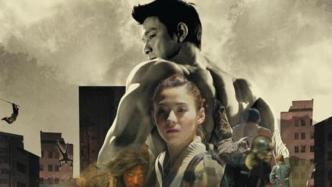
Editor's note: This is a nostalgic theater.
In 2003, the Hong Kong film market was in a slump, and Galaxy Pictures, led by director Johnnie To, was one of the few backbones. Sir To also continued to work hard this year. Not only did he create "PTU", a police and gangster theme that he is good at, but he also co-directed "Big Brother" with Wei Jiahui. At the Hong Kong Film Festival the following year, To Sir won the Best Director Award for "PTU", while "Big Brother" not only won the Best Film, but also the Best Screenplay, and also brought a statue to the starring Andy Lau. Best Actor Award.
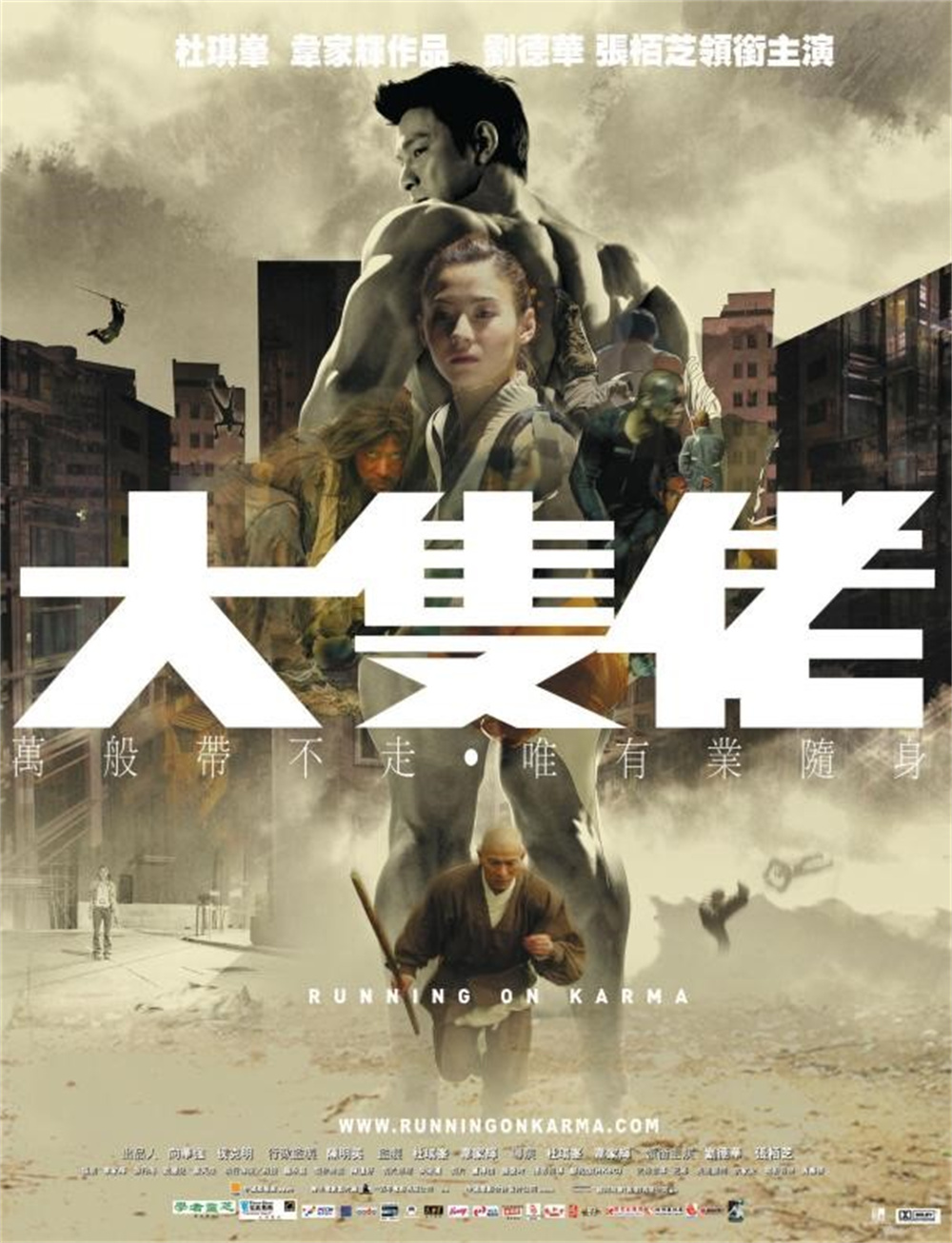
"Big Brother" poster
In September of that year, "Big Man" was simultaneously introduced to the mainland. In order to better suit the habits of mainland audiences, it was renamed "Big Man Has Great Wisdom". The love story performed by Andy Lau and Cecilia Cheung, as well as the production gimmick of Andy Lau donning muscle suits and playing the role of a bodybuilder, all make people think that this is a romantic comedy with commercial selling points similar to the previous "Skinny Man and Woman". But when I actually watched the whole movie, I was surprised - it is a movie with a quite alternative style. At the same time, due to the slight deletion of scary scenes and plots during the introduction, the overall story of this already unique movie has become more complicated and confusing. It left many viewers who walked out of the theater confused.
"I can't understand" doesn't mean that the film has become an art film. It will shoot for a long time facing a tree and a dog for no reason, so that the audience does not know what the director wants to express. "Big Brother" still continues the popular line of Hong Kong movies. Every plot is easy to understand, and it also fills in a lot of fighting action, romantic love, police and gangster battles, and even comedy jokes. However, taken together, the story's direction is completely unconventional and far exceeds the audience's expectations.
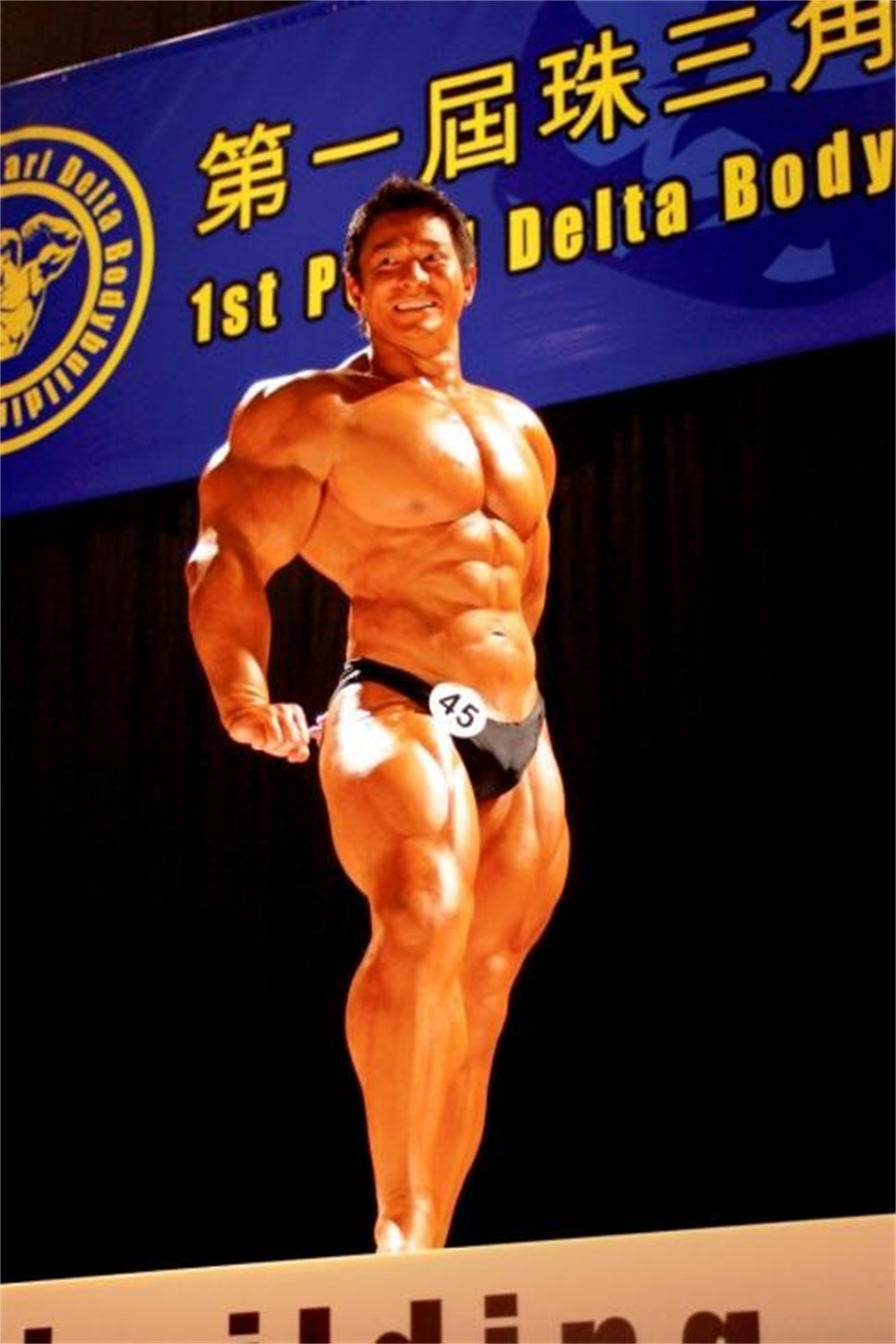
Andy Lau, who puts on muscle clothes to get in shape, is the most interesting commercial attraction of the film, which makes people speculate that the plot is a comedy. But this is a misunderstanding.
In terms of plot, the first half of the film is still a relatively popular detective romance route. Andy Lau plays a Shaolin monk who has returned to secular life - the protagonist "Big Guy" (Big Guy). He was dissolute in the market and even danced as a striptease and sold men to make a living. But in fact, he was quite intelligent. He understood Buddhism and even had "yin and yang eyes", which allowed him to see the cause and effect of people's previous lives. This supernatural power happens to be helpful to the new female police officer Cecilia Cheung in her investigation. The two met and got acquainted by chance during the case, accidentally solved several strange cases, and caught the criminals, and gradually began to have a relationship that seemed like love. However, the "big guy" has been deliberately avoiding the incident because he is afraid of reincarnation and is worried about endangering the life of the female police officer. The relationship between the two also became unrequited and gradually became heartbreaking.
The plot has developed to this point, which is still a common route for love scenes. Although the male protagonist will not accept the heroine's love so easily, usually after experiencing the biggest crisis in the film - usually the male protagonist rescues the heroine - the two of them can often break the shackles of fate, break the isolation of fate, and complete the final two. A happy ending.
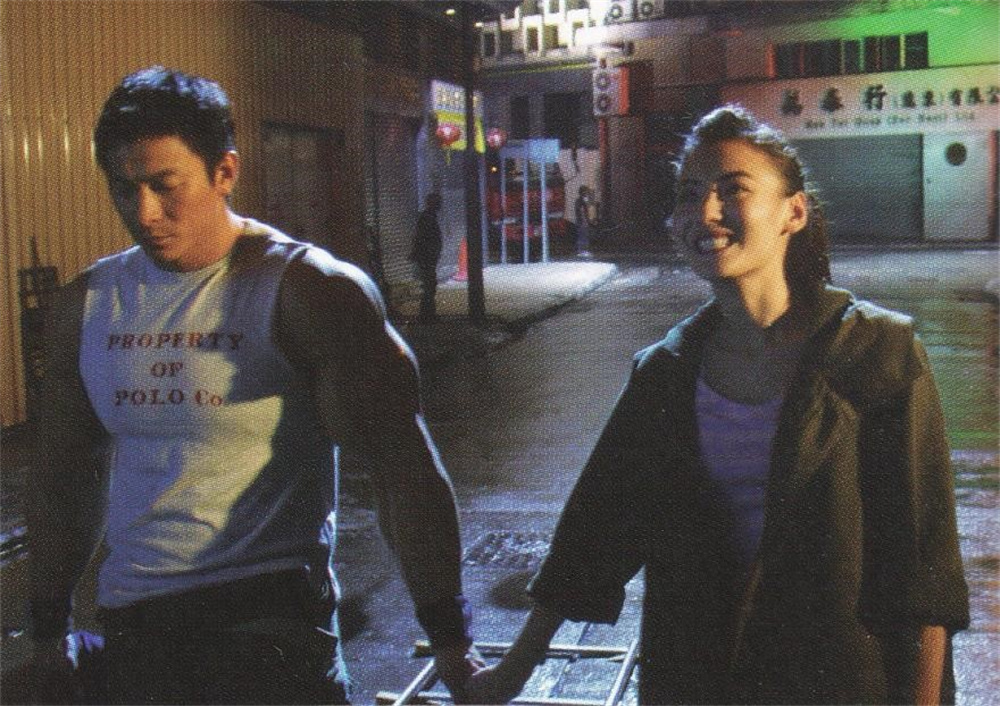
All the roles played by Cecilia Cheung in her youth had a kind of innocent and unpretentious beauty, and the romance films she played would make people feel heartbroken.
But it’s easy to think about it this way. The second half of "Big Brother" can be described as "unbelievable": In order to relieve Big Brother's inner demons, the female police officer went into danger alone to track down a fugitive who had been hiding in the mountains for several years. It's pretty normal up to this point. The audience will vaguely expect the male protagonist to rescue the heroine, so it's still a regular plot line.
But the female police officer played by Cecilia Cheung is really dead? ! The death was still very sad, with the head cut off and hung on the treetop. In order to enhance the intensity of the plot, the film even shot a separate shot of Cecilia Cheung's head, which really shocked the unprepared audience. The abruptness of the picture makes people uncomfortable, and I even have to thank the scissors at the time of introduction for cutting out this "overly exciting" picture.
It only takes one second to develop from a suspiciously romantic police film to a suspenseful horror film. When the audience saw that the heroine was dead, her head was really severed, and she was 100% dead, then they remembered that the protagonist Big Brother had clearly told the audience from the beginning that the heroine had karma for committing evil in her previous life. , cut off the heads of many people, and thus entered the reincarnation of cause and effect, which cannot be escaped in this life no matter what. This ending of a wasted death is a fate that cannot be solved.
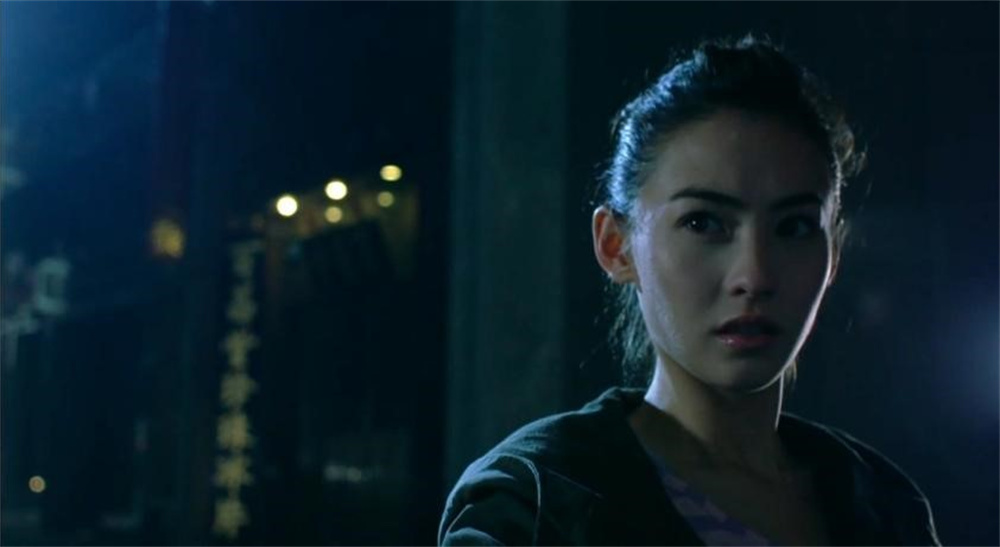
Although the first half seems to be a romance film, the way the film is lit in some sections is an out-and-out horror film, making people feel a chill down their spines.
With a rather shocking plot twist, the director seems to have played a prank on the audience. General commercial romance films always reflect the beautiful theme of "love and courage can break tragic fate" and end with a Hollywood-style happy ending, allowing the audience to walk out of the theater with a relaxed and happy mood. However, the bad luck faced by the protagonist of this film is It can be seen from the beginning, but it cannot be avoided no matter what. This is a bit like the development path of a horror movie - the protagonist becomes greedy or is assassinated by an adulterer, and gradually falls into the trap of fate and encounters many deeply terrifying scenes. But most of these dangers can still be resolved, after all, the hero and heroine cannot die so easily.
However, the heroine in "Big Brother" really died. The screenwriter made her die so suddenly that she even lacked mercy. Although there is nothing incomprehensible about the story of the film, the internal logic of the plot still makes people puzzled - the heroine who died in vain did not do anything extraordinary, and can even be described as innocent and cute, why did she end up with such an unfortunate ending? Woolen cloth? Apart from the "karma of past and present lives" mentioned in the film, there are no other factors that can explain why she died so miserably.
Regardless of whether this story direction is too exciting for the audience, the screenwriter has at least forcibly injected a causal relationship into the film - the evil consequences in this life all come from the evil deeds in the previous life; if you don't want to have bad retributions and bad luck in the next life, , then please think twice before doing anything you do in this life.
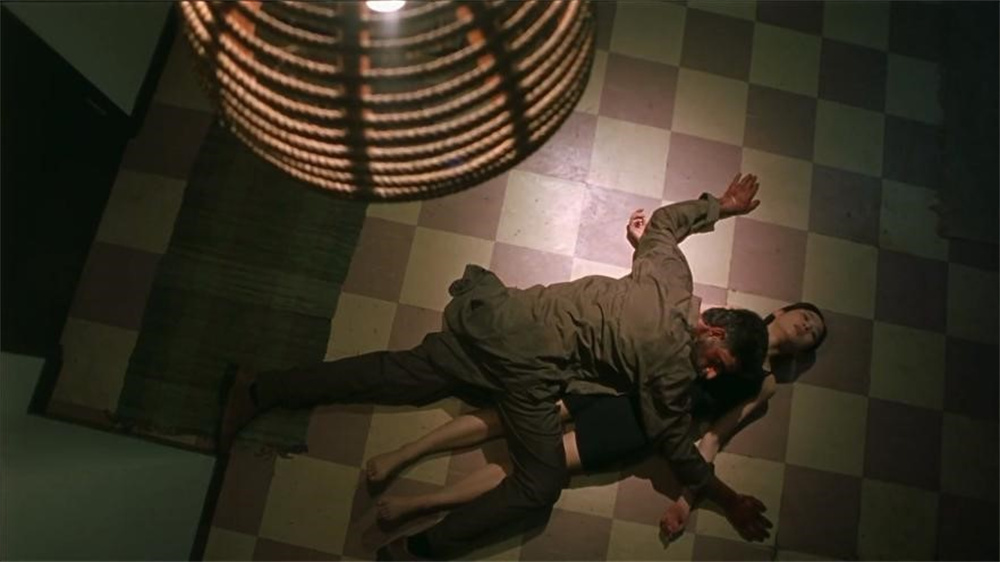
In another detective story in the film, it is clearly explained that the karma of past and present lives are interrelated. People's destinies are intertwined, and in many cases they have already been written.
This plot direction is obviously the work of director and screenwriter Wei Jiahui.
Wei Jiahui first entered the industry as a screenwriter for TVB and soon reached the position of series producer. In the 1990s, he led the team to create three major dramas that have become classics of Hong Kong dramas - "Unforgiven" (1989), "Big Time" (1992) and "Racecourse Tycoon" (1993) . Mainland audiences are quite familiar with the first two dramas, but the last one, "Racecourse Tycoon", was not introduced to the mainland due to the theme of horse betting and other reasons, so it did not cause much response, but it was the most bizarre in terms of screenwriting ideas. of a drama series. These three major dramas can be said to have established Wei Jiahui's creative style, and also showed that he has gradually changed from a screenwriter who pays attention to plot and cause and effect, and believes in the theme of "people can defeat fate", to a screenwriter who "believes deeply in destiny" , is keen on depicting the tragic theme of "people cannot change their own destiny".
When he entered film creation, although there were not many works, whether it was "The Birth of a Prefix" in his early years or "The Great Detective" introduced to the mainland a few years ago, you can see that there are many fatalistic themes written in the film. plot. Although the protagonist is quite intelligent, able to detect the hints of fate, and is vigilant and restrained in his own behavior, in the end he is often unable to escape the arrangement of fate.
"Big Brother" also has such a pessimistic theme at its heart.
You can see through it, but you can't escape it.
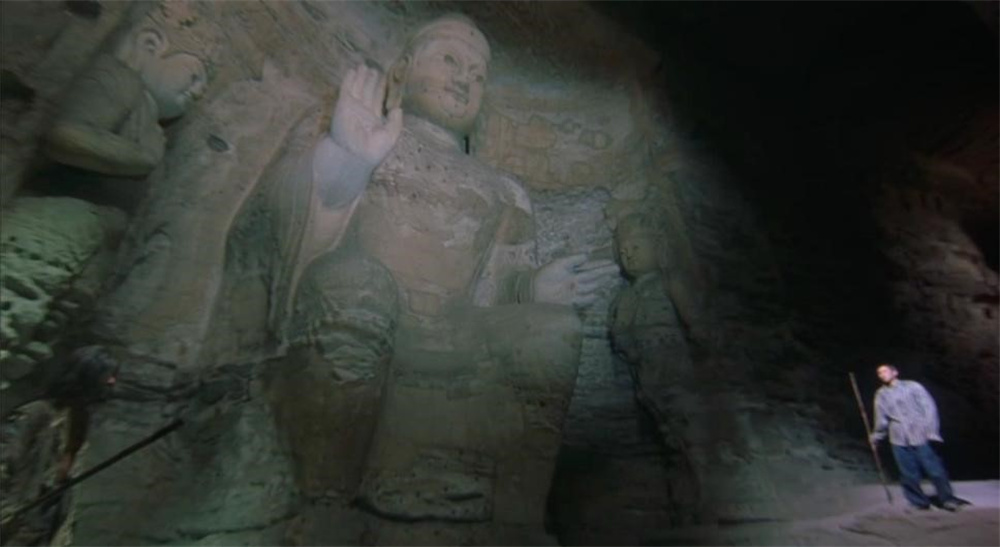
Some of the exterior scenes in the film were taken from the Yungang Grottoes in Datong, Shanxi. The Buddha statues are all real landscapes.
When the female police officer was alive, Big Brother never believed that he could change her fate. After her death, Big Brother was so heartbroken that he took the initiative to take over her stick and embarked on a journey to continue to pursue the fugitive "Sun Guo" . The relationship between Sun Guo and him is that he killed his sweetheart a few years ago, which caused the big guy to be too angry and unintentionally committed the murder, and then undermined the Buddhist teachings and left the temple to return to secular life. He has long realized that the path of seeking murder and revenge, even if it can be achieved quickly, but according to Buddhism, this relationship is not only caused by the bad karma of the previous life, but killing people will also create more killing karma out of thin air, which will be the cause and effect of the next life. Reincarnation brings the consequences of retribution.
Karma, translated into English as karma, is a Buddhist term that roughly refers to a behavior that has causes and consequences. The English title of this film is Running on Karma, which literally translates to "reincarnation of cause and effect."
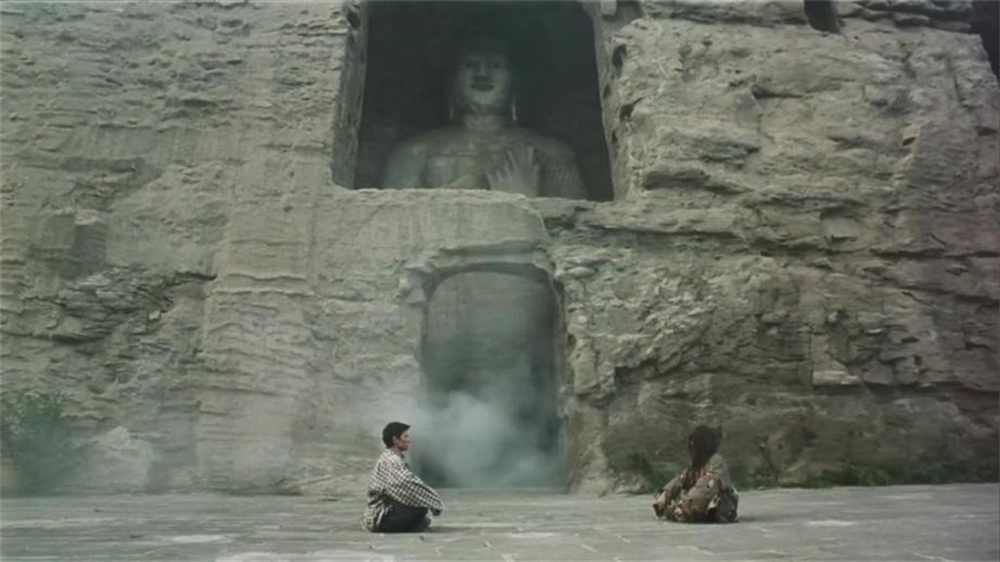
After the big guy fought with his imaginary self, he finally woke up, put down his stick, and became a Buddha immediately.
It is only here that the theme of the film gradually becomes clear. The "big guy" has a lot of wisdom. He has long seen through the world of mortals and has taken refuge in it. But when things really fall on him, can he continue to see through it?
After a martial arts scene in which Andy Lau and himself were fighting each other with sticks, the battle between heaven and man finally came to an end. The big guy understood that if he continued to pursue the murderer, he would end up hurting himself. He finally let it go. After several years, he found the fugitive, but instead of killing him for revenge, he brought this "man" who had long been turned into a beast back into the civilized orbit of human society and accepted justice and legal judgment.
See through it first, then escape.
When Director Johnnie To once shared his creation, he discussed that the second half of the film also imagined a plot similar to "schizophrenia". It turns out that the big guy is both a rescuer and a murderer. The so-called fugitive "Sun Guo" has always been him. It's just another fantasy personality. In the end, he will discover that the real murderer was himself.
This kind of development is also a conventional path for psychological crime films. The theme of the performance is also the pursuit of murder and the path of revenge, which will cause people's spiritual alienation, and in the end the only person who can be harmed is themselves.
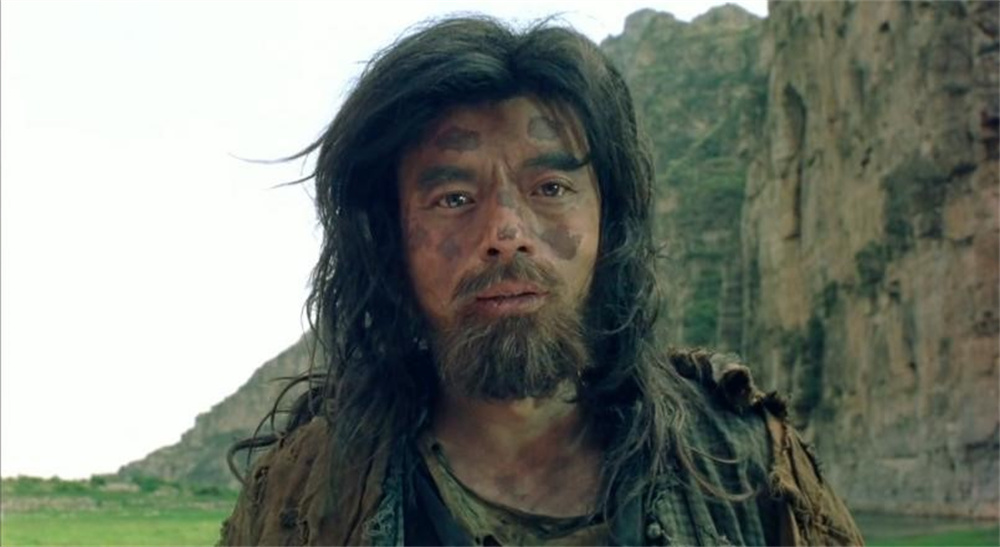
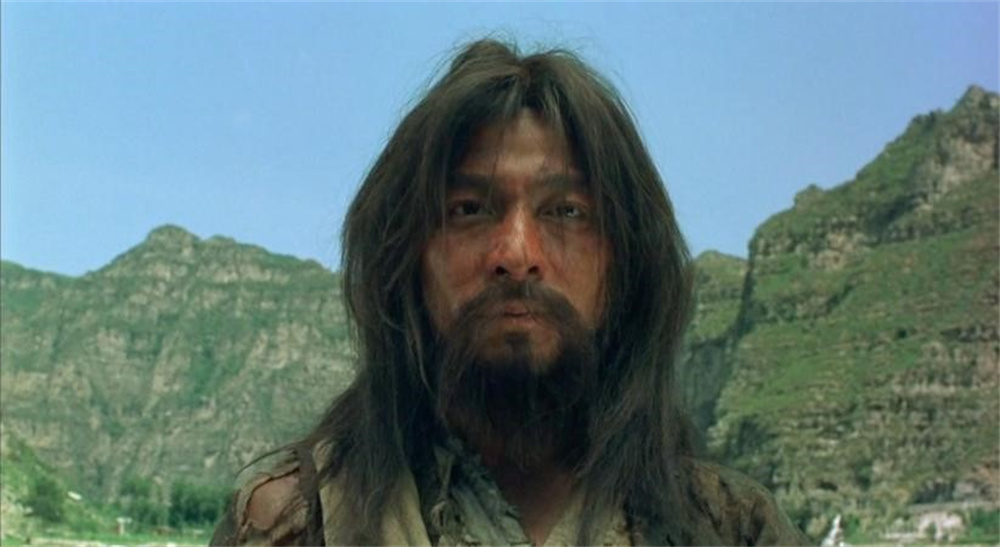
The extremely similar fugitive and the big guy also hinted that there was a plot that showed that the two were actually the same person.
Of course, the film did not adopt such a plot direction. After overcoming the strong urge for revenge in his heart, Big Brother finally found a kind of Buddhist tranquility. He came into the world to save people and spent several years. Even though he only saved a fugitive, he still completed a huge change in his state of mind - he defeated his inner demons and, at any cost, reversed a possibility that had been going on since ancient times. He finally broke out of the cycle of bad karma that continues to this day.
In the very Zen-like scene at the end of the film, Andy Lau first took a bath, groomed himself, changed clothes, and then casually asked the policeman for a cigarette and walked away gracefully, as if what happened next had nothing to do with him. This relaxed and joyful feeling seems to be telling the audience that it is easy to break the cycle of fate, just think more about small things, do more good deeds, pursue small good causes and good results, and avoid malignant evil thoughts. Future development It will be completely different.
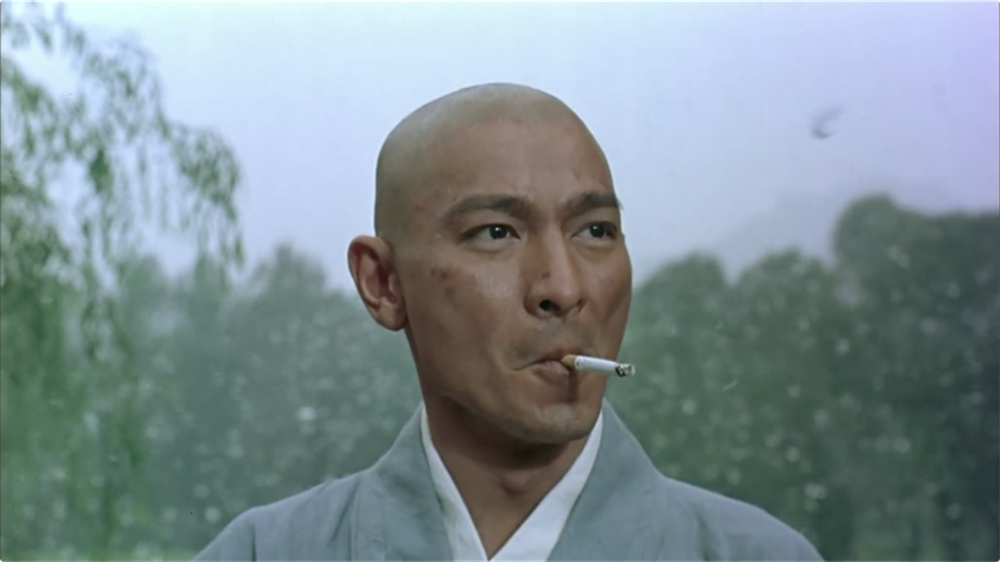
A screenshot that seems a bit nonsensical is actually a very free and easy scene. Whether you smoke or not is just an external form, but you are already calm on the inside.
In the middle of the film, when Cecilia Cheung and Andy Lau, who had a crush on each other but failed to fall in love, were walking hand in hand through the lively streets, the song "Affairs" played, which is the most romantic and unforgettable scene in the film. The lyrics are full of Zen. It is unclear whether they are about love, fate, or the philosophy and regrets of life.
Take away the sadness, you can’t take away the light that turns red when you cry
Memory carries on the role I owe you
Take away the happiness but not the body temperature when you drag your hands
The slightly warm texture remains on the face before kissing it
Give me a minute to reflect quietly
Turn your whole life upside down
Tomorrow has been executed today
Tears exist to reflect the laws of heaven
Where am I standing this minute?
Why do I live with you?
Fate is that the flower in the mirror stays in the mirror and dies
Forgive me for not remembering to forget
…
The physical body will eventually decay, and all kinds of fame and wealth are external things. However, what Buddhism calls "karma" will be passed on from generation to generation because of people's various actions that affect others, and others affect others.
“Nothing can be taken away, only karma remains with you.”
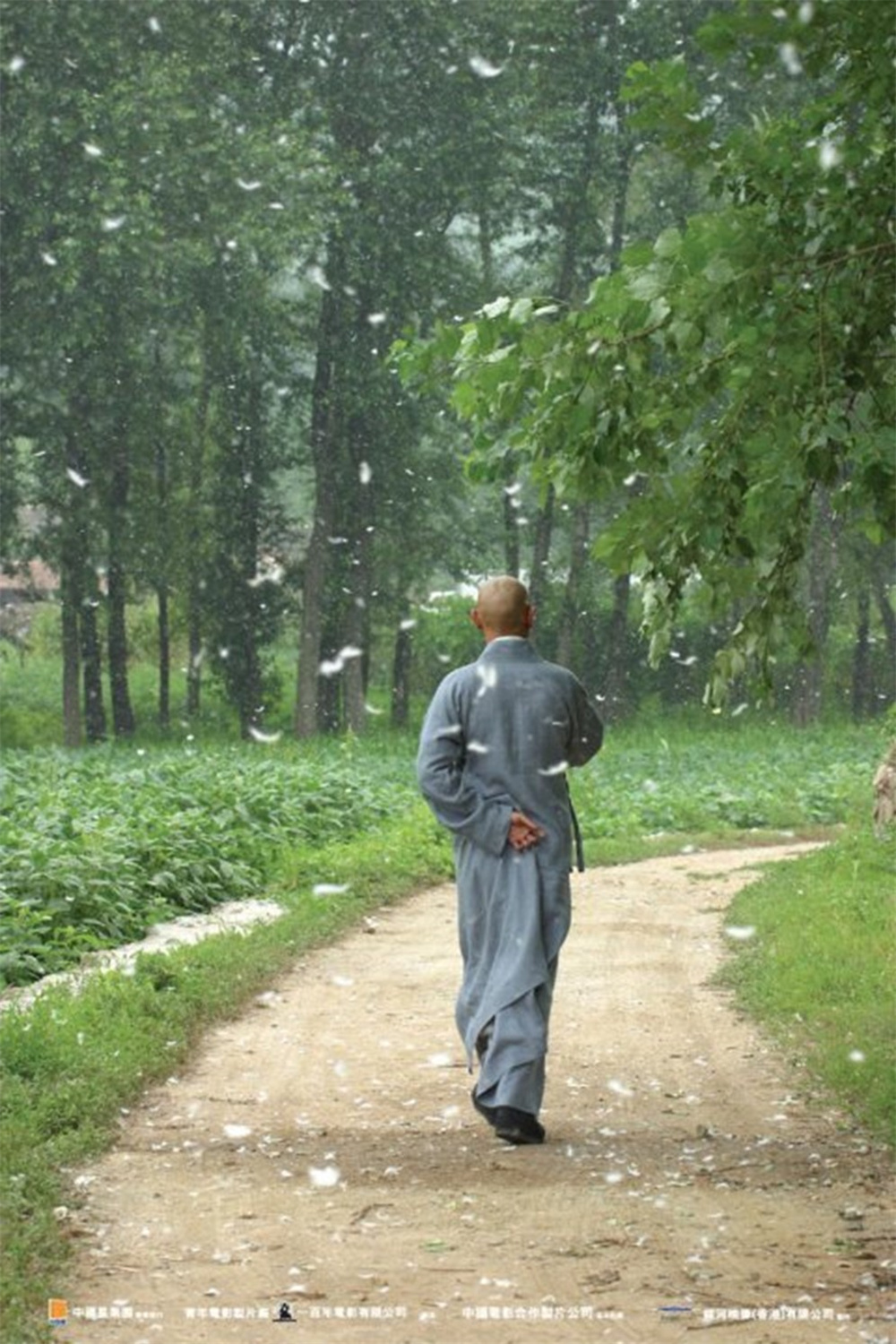
Andy Lau's graceful performance in the middle and later stages is largely due to the director's shaping of the artistic conception. For example, there are catkins all over the sky. The body is like catkins dancing in the wind, it is destiny that cannot be controlled. But once you think about it, you can still have some freedom in life.
"Big Brother" uses the shell of a commercial film, but what it wants to talk about is profound Buddhist principles. Although some passages are deliberately mysterious, many of the highlight scenes are romantic, sad, terrifying, or indifferently touching, which can still make the audience feel that they are infected by the mysterious atmosphere of the film and trigger some thoughts about life.
This is a film with a very unique style. It is far from perfect, but it inspires people to do good. Looking back 20 years later, the older I get, the more I understand the truth that "no one is innocent, and everyone is guilty." On the contrary, like the protagonist, cutting off cause and effect and having good thoughts everywhere is a wiser way to live life.


